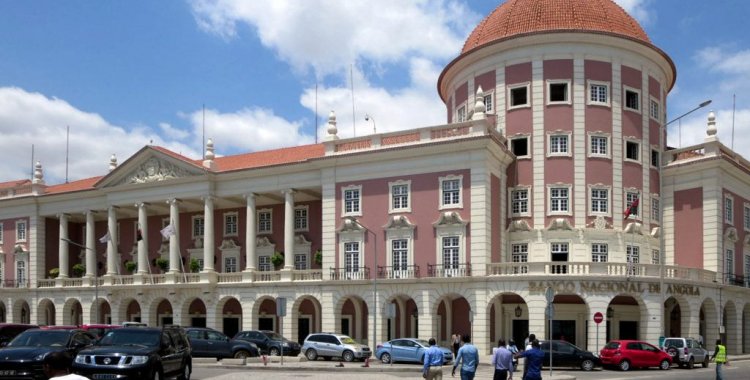"The way to deal with the rise in classical inflation is to raise interest rates, if inflation is rising what I expect is that there will be a rise in interest rates", said the economist in statements to Lusa, commenting on the next meeting of BNA Monetary Policy Committee (CPM).
For Rosado de Carvalho, the monetary policy meetings, the next one scheduled for Thursday and Friday in the province of Cuanza Sul, are to signal the trends of the BNA rate and monetary policy.
"In this case, the signal can only be restrictive, that is, maintaining or increasing the BNA rate", defended the economist.
The BNA CPM will hold its 113th ordinary meeting on the 14th and 15th of September in the city of Sumbe, capital of the province of Cuanza Sul, a meeting that for the second time will be chaired by the new governor of the central bank, Tiago Dias.
This body decided, at the meeting last July, to keep the BNA rate unchanged at 17 percent, increase the interest rate on the permanent liquidity provision facility to 17.5 percent and maintain the interest rate on the permanent liquidity absorption facility. liquidity by 13.5 percent.
Inflation in Angola maintained the upward trend started in May in August, accelerating to 13.54 percent in year-on-year terms and 2.04 percent in monthly terms, mainly due to the rise in prices in the items of education, food and transport.
The National Statistics Institute, in official data consulted on Tuesday by Lusa, highlights the increase in the year-on-year variation which stood at 13.54 percent, almost at the maximum limit of the target for 2023, already revised upwards by the BNA, which pointed to a range between 12 and 14 percentc.
Today, Carlos Rosado de Carvalho, looking at the current level of inflation in the country, criticized the BNA, considering that this body "was making monetary policy on something that did not exist".
"It was thought that inflation was controlled when it was not absolutely controlled, that is, the BNA was giving different signals from reality saying that inflation was controlled when in fact it was not", he pointed out.
"I believe the basic rate should rise, but at the very least it has to be maintained and if it does, it has to give some signal that the trend or the next steps if the situation continues is for it to rise", insisted the journalist, also a journalist.
In relation to the rates in force since last July, the BNA maintained, at the time, that the decision was based on the resurgence of inflationary pressures due to the changes recorded in the macroeconomic framework, with emphasis on the reduction in export revenues and the consequent exchange rate depreciation.







